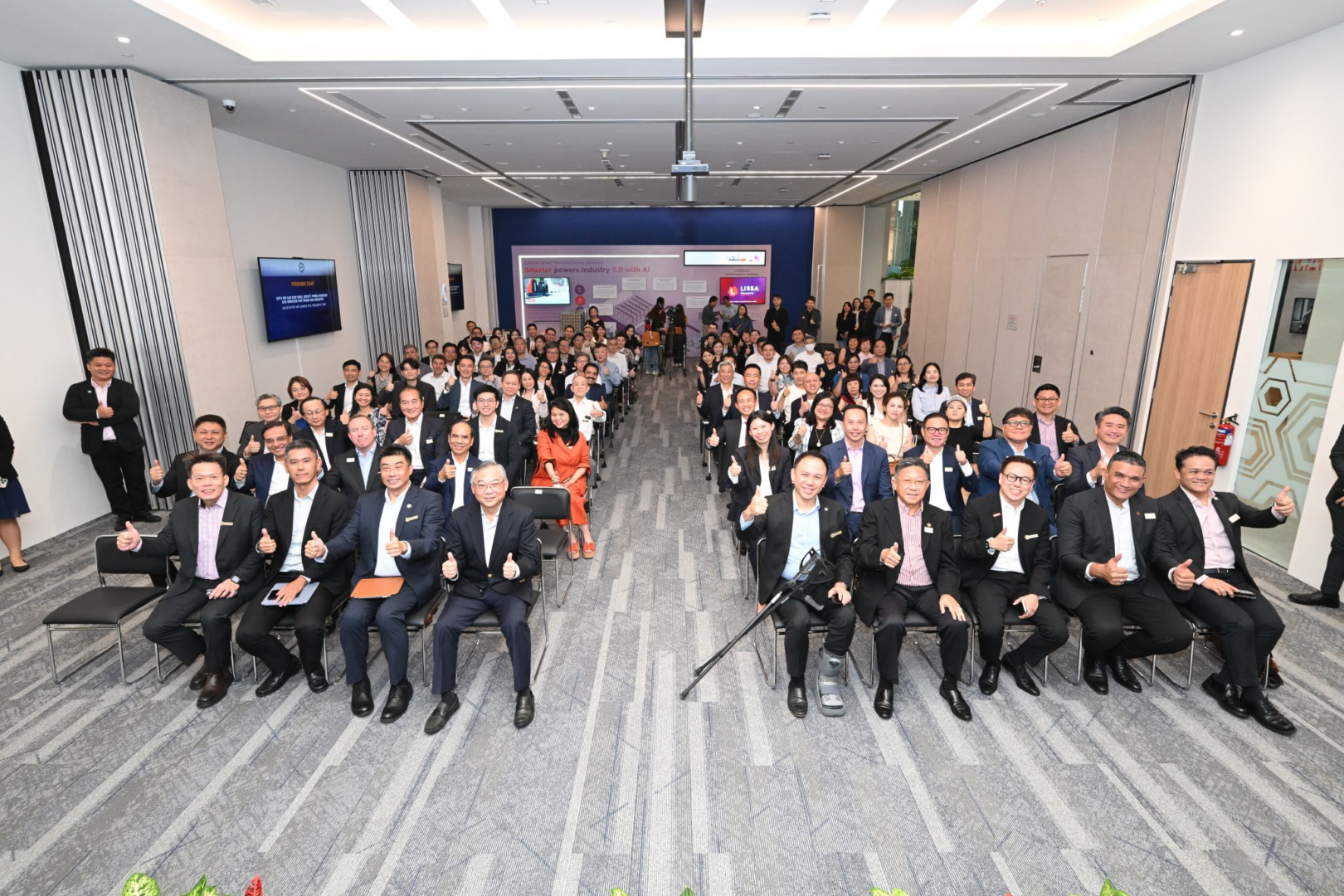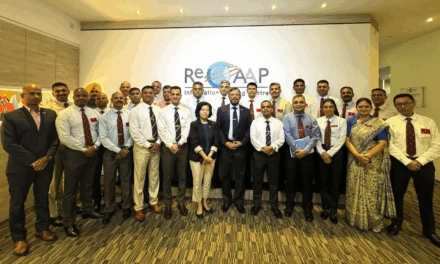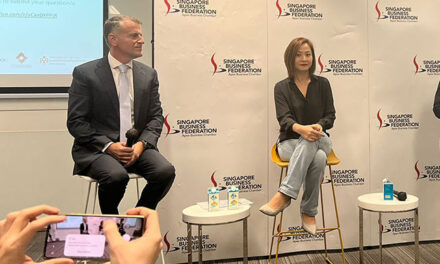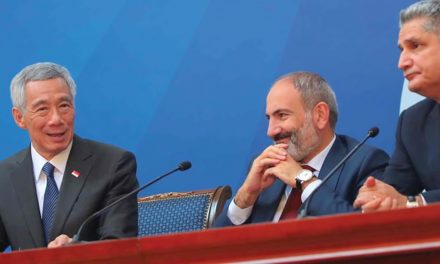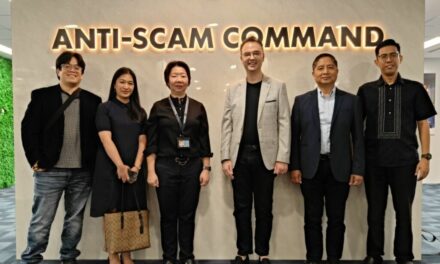
At a strategic dialogue hosted by the Singapore Manufacturing Federation, Deputy Prime Minister Gan Kim Yong shared key directions for Singapore’s manufacturing sector to navigate a fractured global trade landscape.
Amid rising protectionism and structural trade realignments, Singapore is sharpening its economic strategy to adapt to a new global reality. At a closed-door dialogue held this week by the Singapore Manufacturing Federation (SMF), Deputy Prime Minister (DPM) and Minister for Trade and Industry Gan Kim Yong addressed leaders from the manufacturing sector on how Singapore can stay competitive in an increasingly complex trade environment.
The event, held in Singapore, took place against the backdrop of escalating tariff regimes, particularly from the United States, which is expected to maintain baseline tariffs as part of its domestic reindustrialisation agenda. DPM Gan acknowledged that the multilateral trading system is under strain and that Singaporean firms must now plan with longer-term resilience in mind. “Tariffs are no longer temporary. They are structural,” he stated, urging businesses to exercise foresight and flexibility in their international strategies.
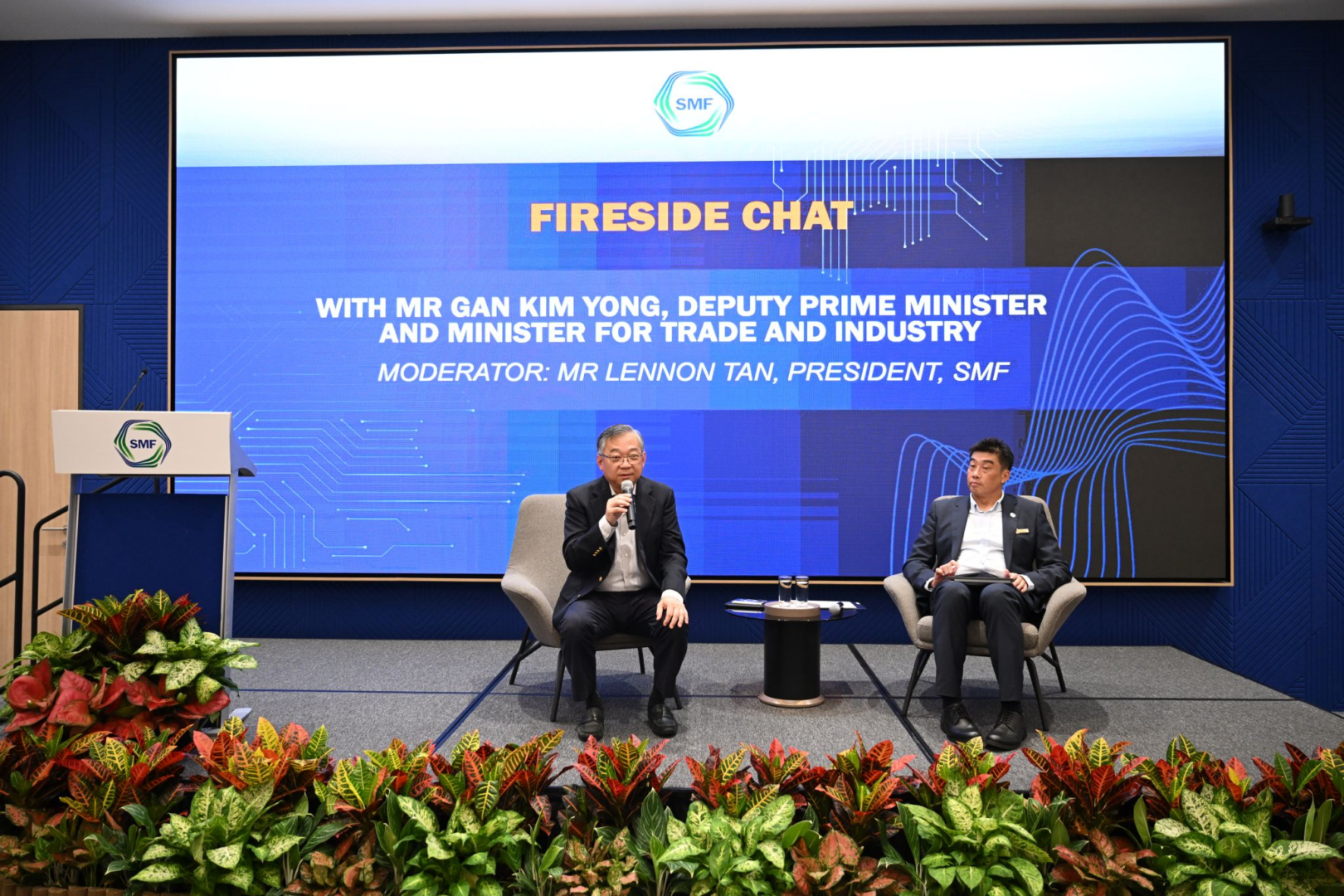
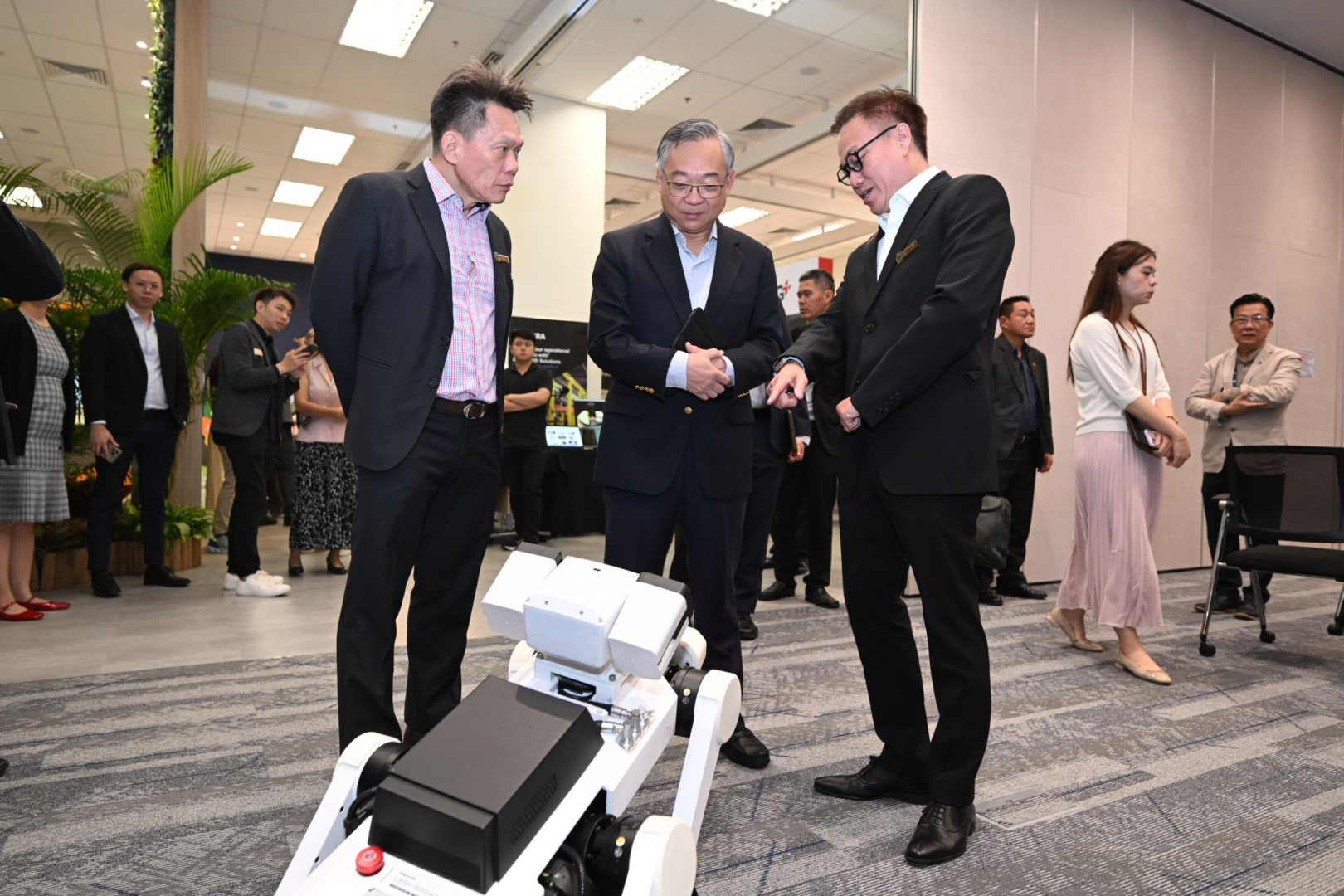

In a world marked by geopolitical tension and trade fragmentation, DPM Gan emphasised the importance of Singapore’s role as a high-trust, rules-based node in global value chains. He encouraged firms to deepen linkages within ASEAN, explore new partnerships in emerging markets, and strengthen integration with long-standing partners such as the EU. Innovation, he stressed, is central to this journey. “Every day, ask yourself: What can I do today that’s different from yesterday?” he said, urging companies to build capabilities in AI, green technologies, and new product development.
Supply chain resilience also emerged as a major theme. Firms were advised to diversify their supplier networks and reduce dependencies on single markets. DPM Gan noted that cross-border partnerships such as the Johor-Singapore Special Economic Zone (JS-SEZ), could provide new pathways for collaboration and growth. He underscored the importance of industry feedback in shaping this bilateral initiative, stating that real-world challenges must inform government-to-government discussions.
Another key priority outlined was sustainability. With carbon border adjustments and ESG transparency increasingly becoming prerequisites for market access, DPM Gan called on companies to embed sustainability into their core operations. “It’s no longer a compliance exercise. It’s a competitiveness issue,” he said, signalling that environmental considerations will shape trade just as much as economic factors moving forward.
The dialogue was part of SMF’s ongoing commitment to fostering an innovation-led and globally connected manufacturing ecosystem. Industry participants left with a clear message: long-term growth depends on bold adaptation, strategic foresight, and active public-private collaboration.
